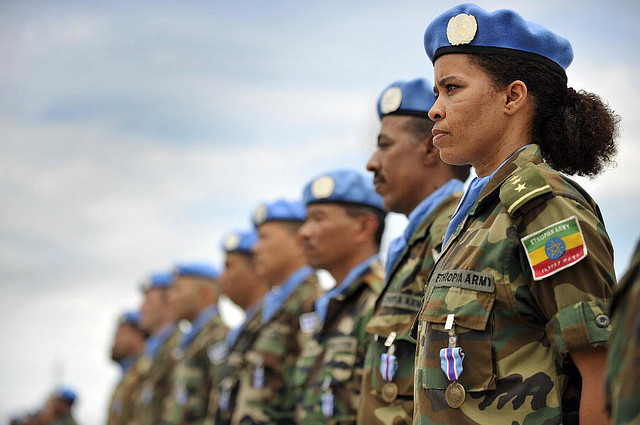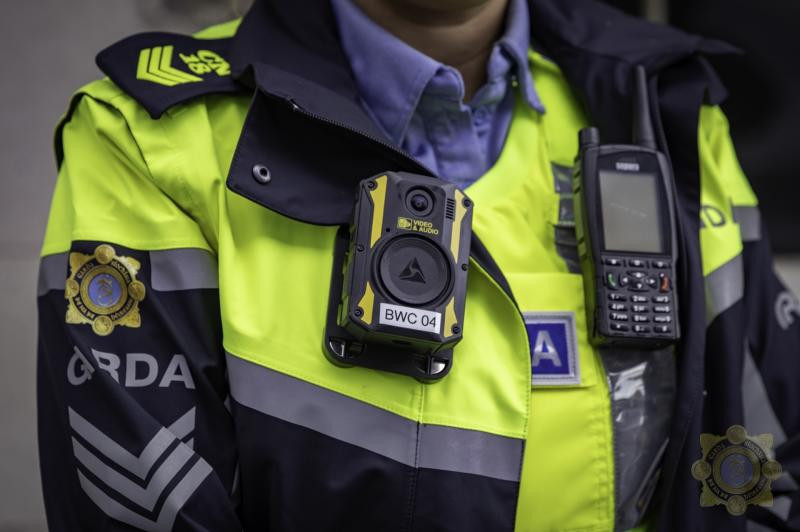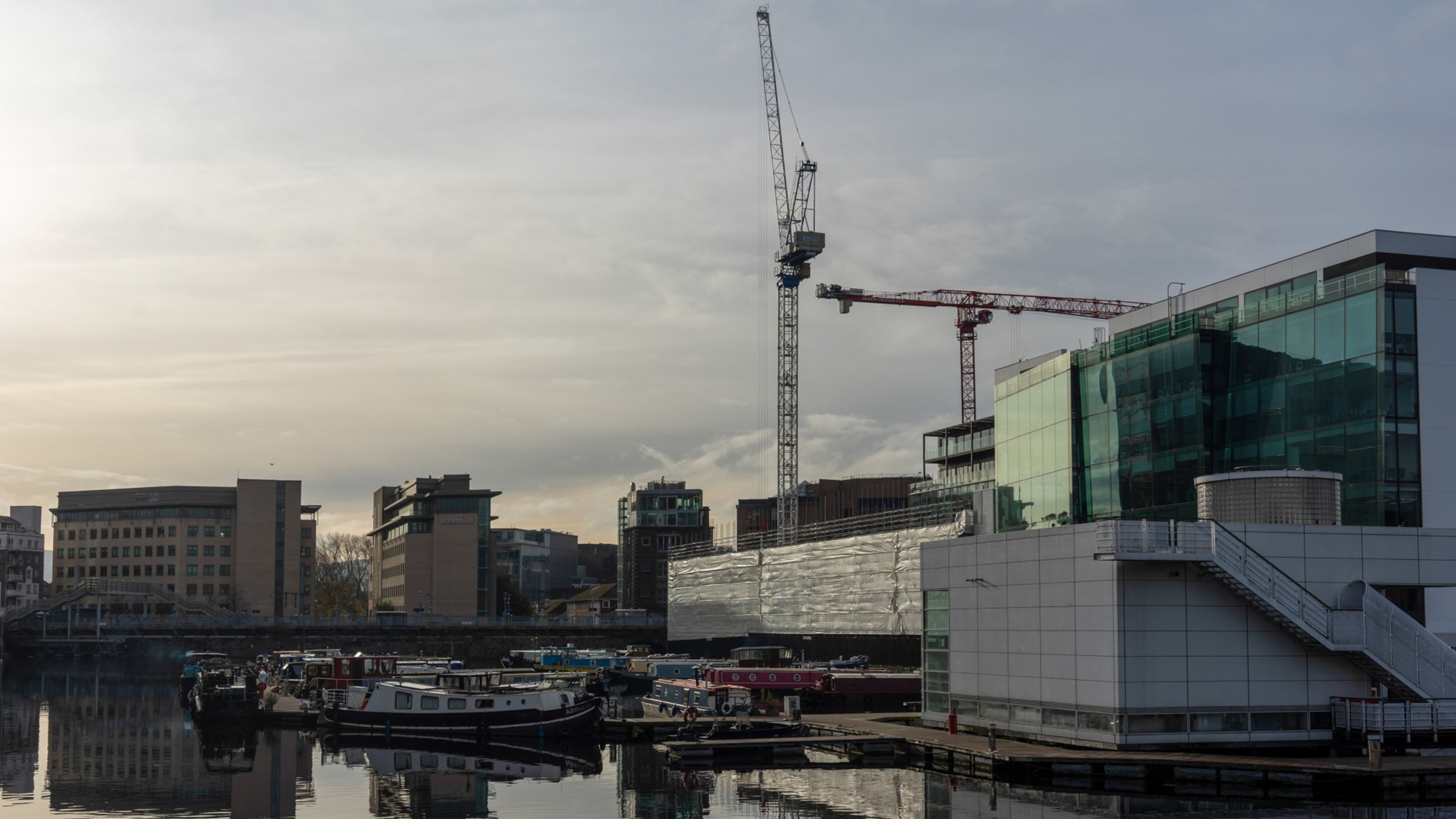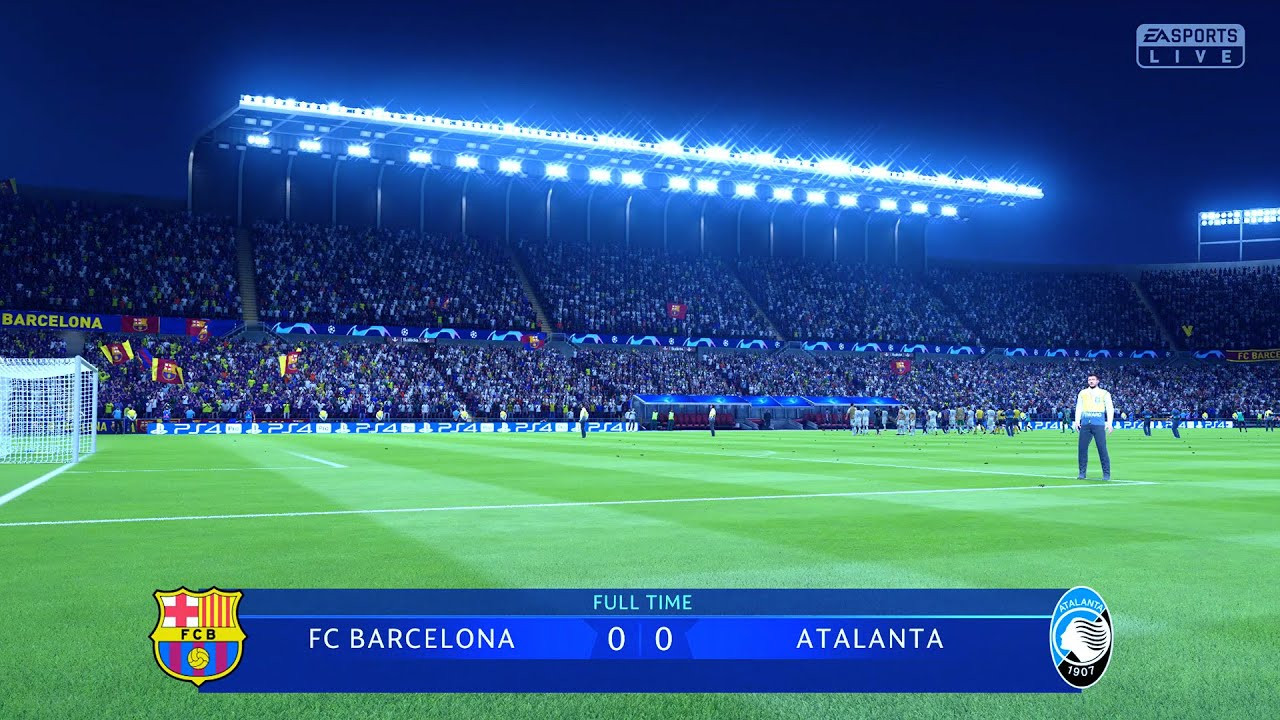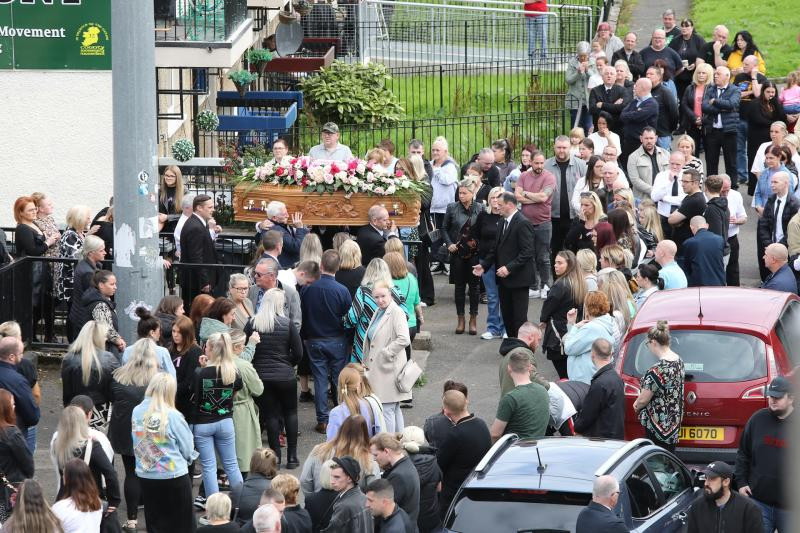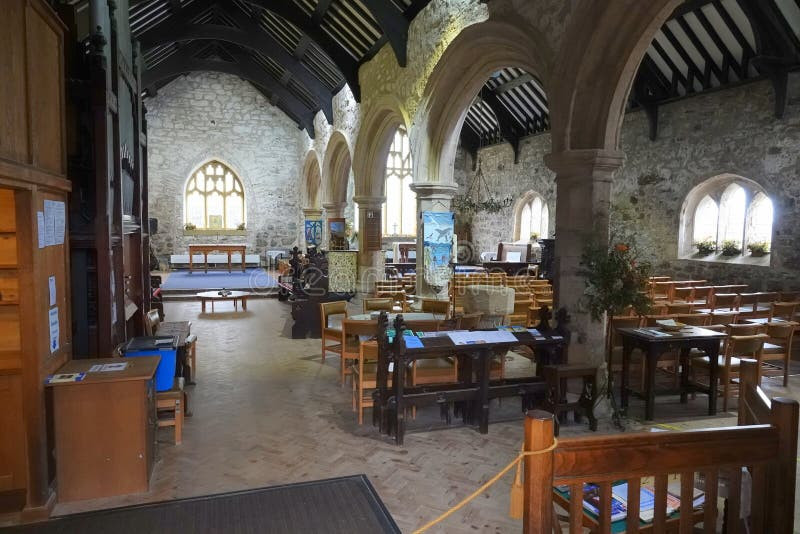A Disconcerting Trend: Peacekeeping Drawdown and the Urgent Need for Women's Inclusion
The UN executive director for women, Sima Bahous, delivered a stirring message at the UN Security Council, drawing attention to the critical risks to gender equality and sustainable peace posed by the accelerated drawdown of UN peacekeeping operations. This message resonates deeply, especially in a world grappling with escalating conflicts, threats to global peace, and a disturbing surge in violence, particularly against women and girls.
The Consequences of Retrenchment
The dwindling support for peacekeeping missions, as highlighted by Bahous, is a worrisome trend. The stark statistics paint a grim picture: a nearly halved deployment of peacekeeping personnel, plummeting from 121,000 in 2016 to a mere 71,000 by 2024. This retreat comes at a time when conflict is escalating, and the need for peacekeeping is arguably greater than ever.
The absence of women as peacebuilders in peacebuilding initiatives can render the attempts at peacebuilding meaningless and fruitless. Peacekeeping efforts must have women and girls as the foundation upon which they are built. Peacekeeping actors must include women and consciously seek to bridge the gender divide of peacekeeping role players.
Haiti: A Case Study in Neglect
The situation in Haiti provides a stark illustration of the disastrous consequences of withdrawing from peacekeeping commitments. The withdrawal of UN peacekeepers in 2020 has been followed by a surge in violence, with armed gangs exploiting the power vacuum. The harrowing testimonies of Haitian women, now subjected to an epidemic of sexual violence, serve as a stark reminder of the devastating effects of neglecting gender-specific concerns in conflict-affected settings.
The Perpetuation of Inequality
The tendency to frame women and girls solely as victims in need of protection, rather than as vital stakeholders in peace processes, undermines the principles of democratic governance and holistic security. Women are one of the cardinal cogs turning the wheels in peacebuilding processes; without women, the momentum of peacebuilding would remain at a standstill.
Examining the exclusion of women from crucial decision-making roles during mission transitions – observed in Mali and various other contexts – reveals a disturbing pattern of marginalizing women’s organizations and their valuable insights. To claim these omissions are mere oversights is to underestimate the gravity of these dynamics. If we aim for lasting peace, we must ensure women's voices are not just acknowledged but integrated into the core of security strategies and governance reforms.
A Call to Action
The UN Security Council must adopt a comprehensive framework for peacekeeping operations that explicitly mandates the integration of gender equality and the empowerment of women as foundational tenets of peacebuilding. This framework should include continuous involvement of women from civil society in briefings and discussions, ensuring their perspectives inform policy decisions and operational strategies.
A robust system of accountability is also crucial, compelling member states and international bodies to uphold their commitments under the Women, Peace, and Security agenda. This should include concrete mechanisms for monitoring and evaluating the gender responsiveness of peacekeeping transitions and reallocating resources toward women’s empowerment initiatives post-conflict.
A Moral Imperative
The current trajectory – characterized by the accelerated dismantling of peacekeeping efforts amidst rising violence and misogyny – cannot be ignored. It is a moral affront to the principles of justice, equity, and human dignity. The international community must urgently heed the executive director's call to action, recognizing that protecting women's rights is not just an ideal but an essential prerequisite for achieving sustainable peace and security.
The time to act is now. The lives of millions are not just statistics but are inextricably interwoven with our collective moral obligation to foster a more equitable and peaceful world.




